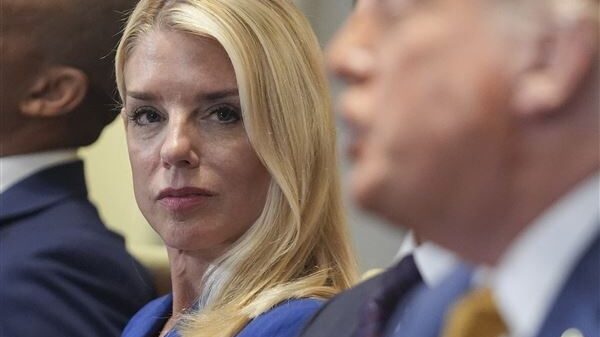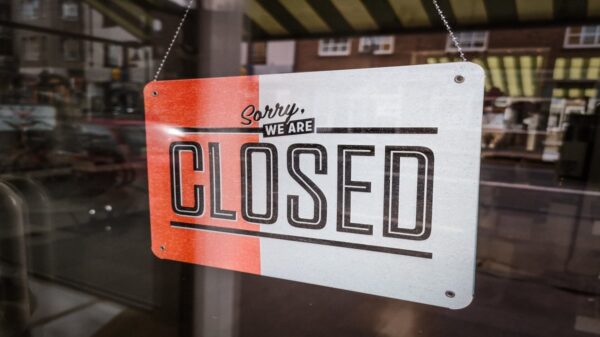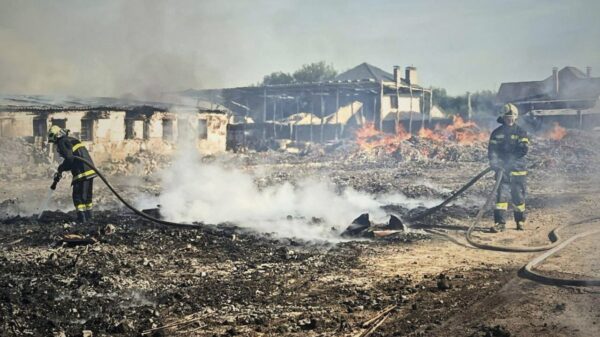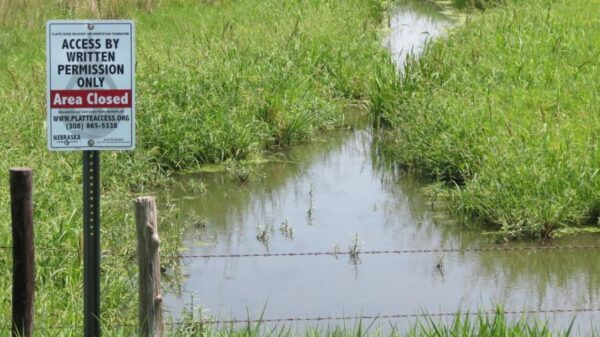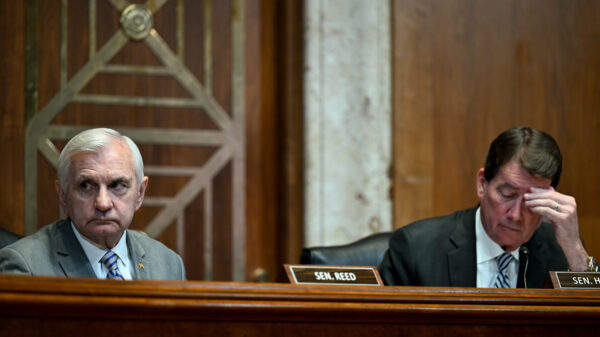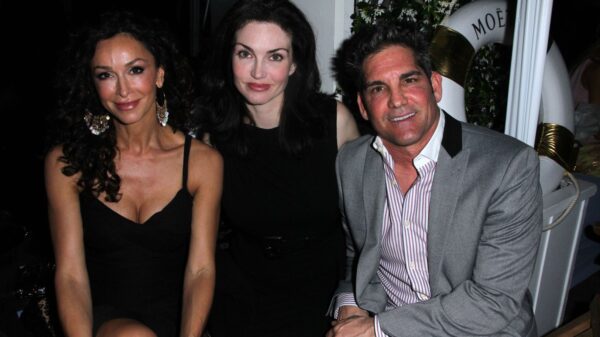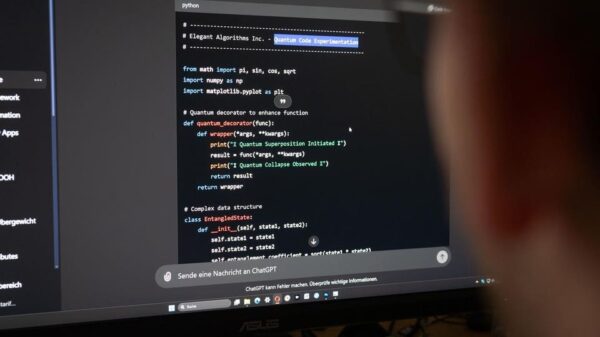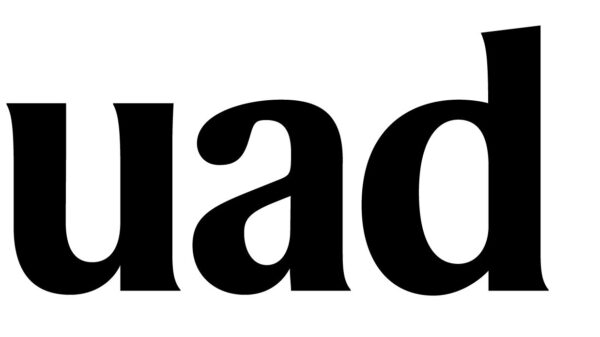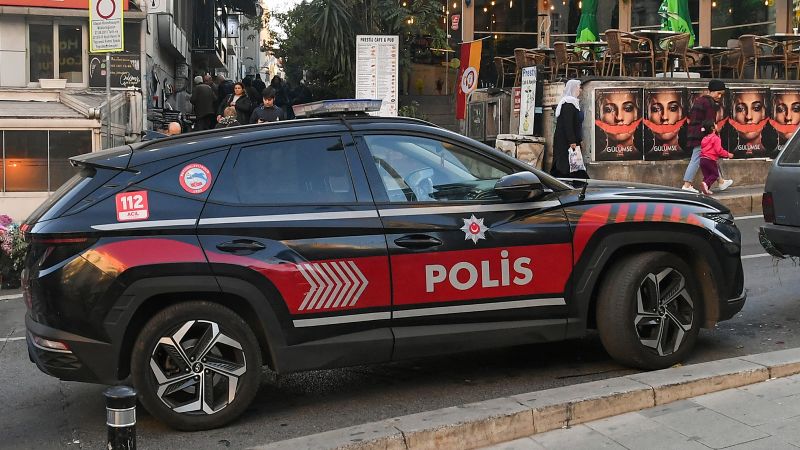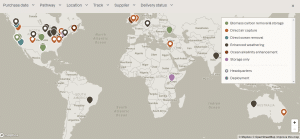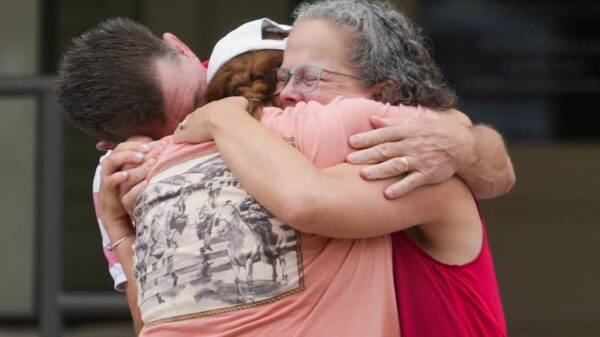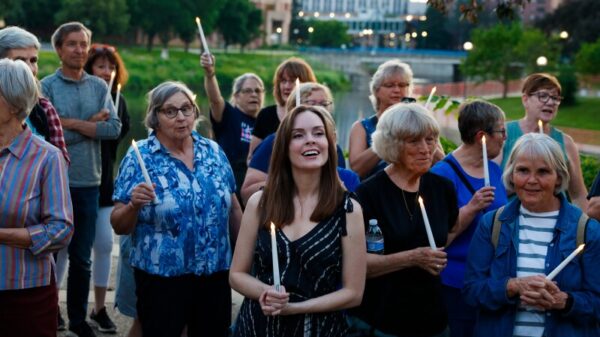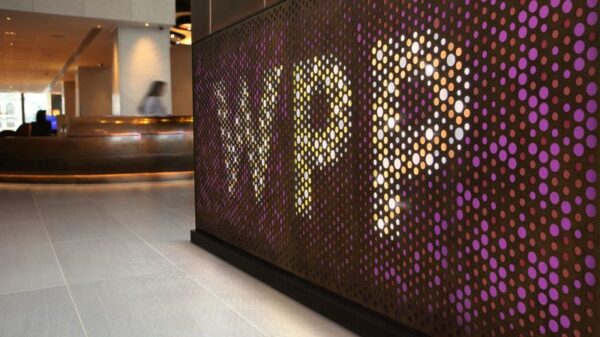Turkish police have detained four cartoonists on charges of drawing and distributing a controversial cartoon that authorities claim depicts the Prophet Mohammed and Moses. The cartoon, published in a political satire magazine, shows figures resembling a Muslim and a Jewish man, both with wings and halos, shaking hands as bombs fall in the background. The image quickly went viral on social media, sparking widespread protests in Istanbul.
Hundreds of demonstrators gathered on Istanbul’s main tourist street, chanting religious slogans and demanding the implementation of sharia law. The Turkish government swiftly condemned the magazine, with Interior Minister Ali Yerlikaya labeling the cartoon a provocation and asserting that it was not protected under freedom of expression. Fahrettin Altun, head of communications for the Turkish Presidency, described it as a “vile attack on our beliefs and values.”
Legal and Governmental Response
The Turkish Justice Ministry has initiated an investigation under Article 216 of the Turkish Penal Code, which addresses the crime of “publicly insulting religious values.” The magazine in question, LeMan, is known for its irreverent comics, similar to the French publication Charlie Hebdo. In response to the uproar, LeMan issued a statement clarifying that the cartoon was not intended to depict the Islamic prophet.
“This cartoon is not a caricature of the Prophet Mohammed (pbuh),” the magazine stated. “The name Mohammed in the work is fictionalized as belonging to a Muslim person killed in Israel’s bombardments. There are over 200 million people named Mohammed in the Islamic world. The work does not refer to the Prophet Mohammed in any way.” LeMan emphasized that the aim was to highlight the plight of oppressed Muslims, not to belittle religious values.
Public Reaction and Media Coverage
As the protests continued, the Interior Ministry released footage of the cartoonists being arrested in their homes, barefoot and handcuffed. Captions accompanying the videos declared, “You will not escape from our security forces or from justice.” Protesters were seen attempting to breach the magazine’s offices in central Istanbul, with some shouting, “For our Prophet, we would give our lives and take lives; no one can insult our Prophet.”
Within hours, Istanbul’s governor Davut Gul confirmed that all four individuals wanted in connection with the cartoon were in police custody. While Gul did not comment on whether any demonstrators had been detained, he urged the protestors to disperse to maintain public order. “It has been determined that some individuals mingling among the protesters have engaged in provocative actions,” he stated.
Historical Context and Implications
This incident echoes past controversies over depictions of the Prophet Mohammed, which have often sparked international debates over freedom of expression versus respect for religious beliefs. The 2005 publication of cartoons in a Danish newspaper led to global protests and violence, highlighting the sensitive nature of such portrayals.
Experts suggest that the current situation in Turkey could further strain relations between secular and religious communities. Dr. Ayse Kadioglu, a political analyst, remarked, “This incident underscores the ongoing tension in Turkey between secular freedoms and religious sensitivities. The government’s response is likely aimed at appeasing conservative elements within the country, but it risks alienating those who champion free expression.”
Looking Ahead
As the situation develops, further protests have been called for, with some groups planning to demonstrate against the magazine. The Turkish government’s handling of the incident will be closely watched, both domestically and internationally, as it navigates the fine line between upholding religious respect and maintaining freedom of expression.
This story is ongoing and will be updated as new information becomes available.

